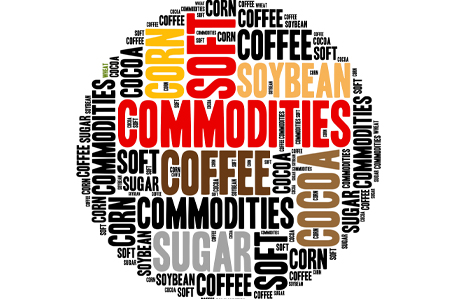China’s Latest Farm Policy Shifts Focus from Output to Demand
Category: Policy
 (Nasdaq) – China is embarking on a major shift in its agriculture policy, abandoning its long-held obsession with self-sufficiency in favor of better meeting consumer demand, a key rural policy document shows.
(Nasdaq) – China is embarking on a major shift in its agriculture policy, abandoning its long-held obsession with self-sufficiency in favor of better meeting consumer demand, a key rural policy document shows.
Breaking with the tradition of the past six years, the closely watched “number one document” published late on Sunday omitted any reference to “basic self-sufficiency” in food crops, a key pillar of the country’s agriculture policy over the past decade.
Its absence is the latest sign the government is shifting gears after years of supporting the production of major grains like corn, wheat and rice, which has led to huge grain stockpiles without a market. Now Beijing needs to soak up the crop glut and offset stagnating demand as growth in world’s second-largest economy slows.
“No one thought China would maintain self-sufficiency the way they have. They did it by price support and that has been extremely costly,” said Erlend Ek, agriculture research manager at China Policy, a Beijing-based advisory firm.
While China abandoned minimum prices for corn last year, it confirmed this week it will maintain support for wheat and rice this year. But officials indicated on Monday that future prices would be more in line with the market.
China’s large grain inventories allow Beijing to focus less on the size of harvest and instead make the farming sector better prepared to meet future supply crises by investing billions of yuan in irrigation, rural infrastructure and rehabilitating farmland.
Tang Renjian, deputy head of the Communist Party’s rural policy group, told reporters that the focus has shifted from a shortage of farm products to balancing supply and demand, “improving quality and competitiveness, and enhancing agricultural sustainable development ability.”
The document calls for stabilising hog production, stimulating demand for dairy products and finding new channels to digest corn stocks. It also highlights the role of the international market in helping China meet demand, in a strong signal of Beijing’s growing acceptance of imports.
While last year’s document had stressed the need to diversify the source of imported foods, this year it was much more aggressive in promoting investment overseas, suggesting China will embrace imports but wants to take a share of the profits.
“It’s very significant for global trade,” added Ek. “The ultimate goal of agricultural development is to meet people’s demand. Whether it comes domestically or internationally, it’s ok.”




